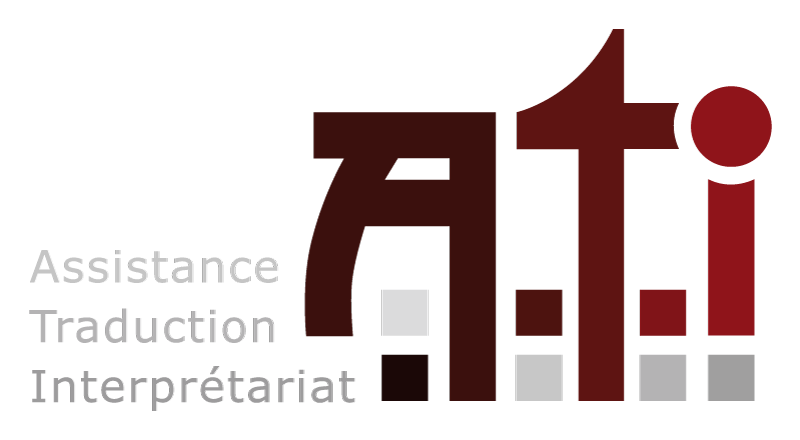What are certified translations ?
A sworn translations (also called certified translation) is undertaken by a court-certified translator and which the latter certifies to be a true copy. We guide our clients (SMEs, lawyers, notaries, public bodies) concerning their official dealings with authorities and public bodies.
A translation certified as being true to the original
In order for a translation to be “certified true to the original”, it must be presented with the original and with the translation bearing the signature and stamp of the translator.
Numerous types of document can be the subject of this certifying process: summons, documents produced as evidence, Letters of Request, writs (significations, seizure of property, etc.), notarial deeds (wills, etc.), administrative documents and General Register Office documents, KBIS [Certificate of Incorporation], contracts, Code of Justice articles, etc.
What does “legalising” signatures mean?
Some public authorities request signatures to be legalised.
Legalising is a process which must be completed by a sworn translator who will have signed the document beforehand. Legalising a signature is generally required if the translation is intended for the Ministry of Foreign Affairs or an embassy.
In most cases, a standard sworn translation will suffice. In France, the signature of the sworn translator does not need to be legalised. If your translation has to be used abroad, check beforehand with the recipient whether legalising is necessary.




